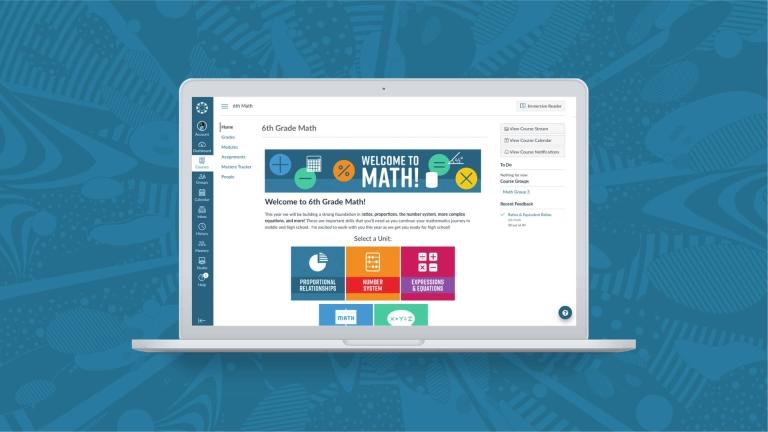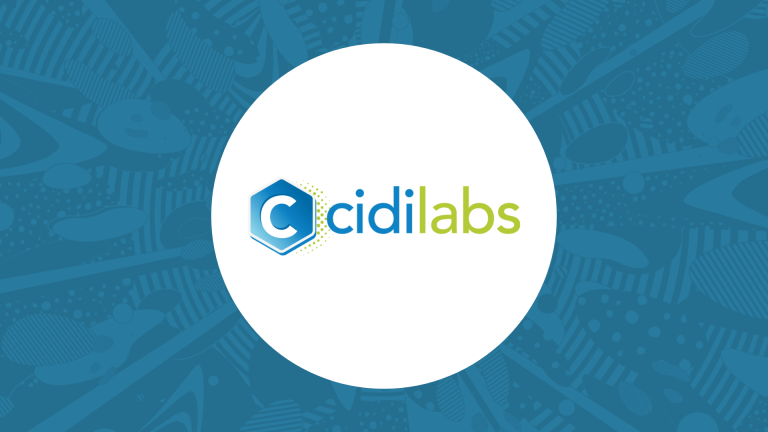
Bridging the gap between the demand for evidence-based practices and conducting effective classroom research is a challenge in education today. Educators, administrators, and edtech companies increasingly recognize the need for comprehensive, rigorous research on the tools and programs being used to support teaching and learning—especially in focal areas such as the Science of Reading. Current legislation, like the Every Student Succeeds Act (ESSA), also emphasizes the crucial role of evidence-based practices in shaping educational decisions. However, research requires participants, adding complexities such as equity surrounding how to conduct research in classroom environments. This need makes recruiting for edtech studies a formidable challenge.
Organizations like the Institute of Education Sciences (IES) often spotlight these difficulties. There is a real risk that recruitment hurdles may hinder progress in identifying effective practices to improve teaching and learning outcomes, even as education policies, data privacy regulations, and the rollout of technology and artificial intelligence in classrooms continue to evolve rapidly. Collaborative efforts to address recruitment challenges are essential for advancing research and enhancing educational outcomes.
The Unique Challenges of Research in Education Settings
Those involved in educational research—whether in academic institutions or education-focused companies—face distinct obstacles. For example, researchers often encounter misalignment between their research interests and district priorities. This disconnect can stem from a lack of collaboration when developing new products or study designs, ultimately hindering an authentic partnership. The process of conducting research within schools can also disrupt routine operations, leading to skepticism about its immediate benefits, particularly when the research outcomes may not be realized for several years. Even user experience (UX) researchers struggle with gathering feedback from critical stakeholders who offer unique insights, including teachers, students, and administrators.
Building Partnerships Based on Trust
Overcoming these recruitment challenges lies in cultivating strong partnerships between education institutions, researchers, and edtech companies rooted in trust and transparent communication. Successful collaborations are characterized by a mutual understanding of each party's needs and priorities, paving the way for meaningful research aligned with the needs of educators and students.
Finding research partners can be difficult, especially because of legitimate time and privacy concerns. However, strong partnerships between edtech companies and institutions can lead to great benefits. Through meaningful collaboration, both parties can exchange insights, refine and improve products, and ultimately elevate educational practices and outcomes that benefit everyone.
Recognizing its pivotal role within the edtech ecosystem, Instructure is dedicated to facilitating these vital research partnerships. Our team of expert, in-house researchers works closely with institutions and edtech companies to facilitate high-quality studies that take a formative, educator-centered approach. Plus, solutions like LearnPlatform and Impact are designed to help institutions make informed edtech decisions and meaningfully evaluate effectiveness in their own unique settings. By nurturing a culture of research and openness, we can collectively enhance the educational landscape for all stakeholders.
Related Content
 Teaching-With-Tech-10-Benefits.jpg
Teaching-With-Tech-10-Benefits.jpgBlogs
 cidilabs.png
cidilabs.pngBlogs
 canvas_x_tg_logo_lockup_780_x_520.png
canvas_x_tg_logo_lockup_780_x_520.pngBlogs